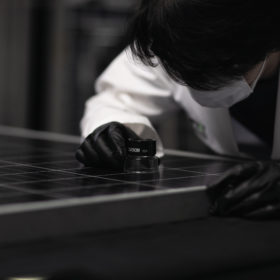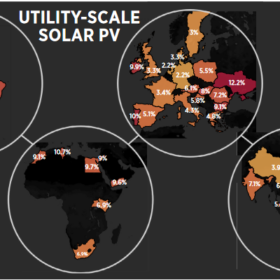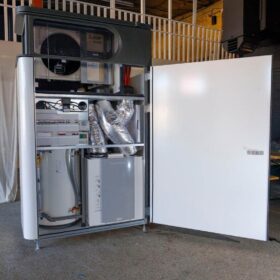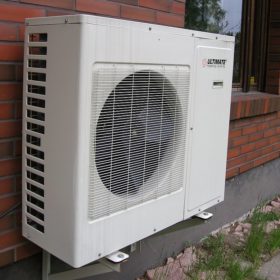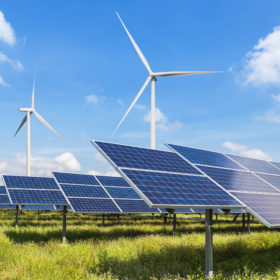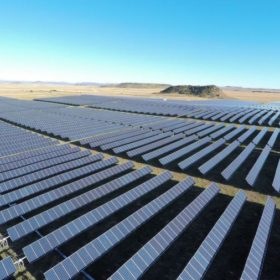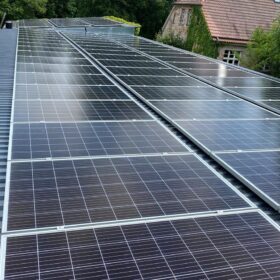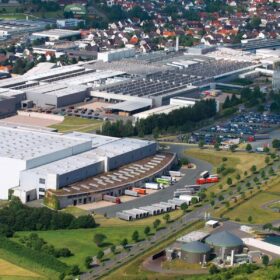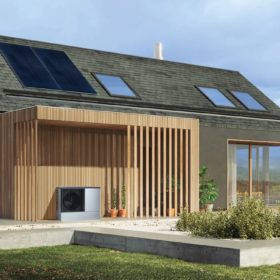EU researchers propose new method to calculate carbon footprint of PV modules
Researchers associated with the European Commission have developed a new methodology to calculate the carbon footprint of PV modules for use in the context of the European Union’s ecodesign regulations.
Germany, Netherlands and Sweden have lowest cost of capital for utility scale PV
The International Renewable Energy Agency (IRENA) has released new data on the cost of capital for solar PV, onshore and offshore wind in the period between 2020 and 2021. Results show that Germany and the Netherlands have the lowest cost of capital in Europe at 2.2%, while the United States, China, India, and Australia show values of 5.4%, 3.9%, 7.1%, and 4.6%, respectively.
Netherlands exempts apartments and monuments from 2026 heat pump mandate
The government of the Netherlands has backtracked on its decision to implement a sweeping hybrid heat pump obligation from 2026. Multi-story apartment buildings and listed buildings will be exempted.
EU releases strategy for heat pump rollout
The European Commission has opened a call for evidence on its plan to accelerate heat pump roll-out across the European Union. It is asking citizens and businesses for feedback on four strands of action, focusing on financing, legislation, skills, research and innovation. The call for feedback is open until May 26.
Potential locations for solar, wind hybrid projects in India
Indian scientists have created a hybrid power exploitability index to identify optimal locations for constructing new solar and wind hybrid power plants. They have evaluated retrofitting existing standalone plants and have discovered that all but one of the eight plants could be hybridized, with up to a 400% annual increase in power output.
South Africa mulls waiving ecological approval for some PV, storage projects
South Africa’s government has initiated a public consultation to exempt some PV and battery storage facilities from obtaining environmental authorization during the permitting process, but only for sites categorized as having “low” or “medium” environmental sensitivity.
Mauritius issues tender for 10 MW of PV
The Mauritian authorities have issued a tender for the development of a 10 MW solar plant. Prospective developers are required to submit bids by June 9.
Heat pump, PV savings in German residential home
pv magazine speaks to Tim Riedel, who owns a 24 kW residential rooftop PV system and a 12.86 kW air-source heat pump, about the return on investment for air-source heat pumps and the savings households can achieve by pairing them with PV.
Carrier to buy Viessmann’s heat pump business
Carrier, a US-based heating specialist, is set to acquire Germany’s Viessmann Climate Solutions in a €12 billion ($13.27 billion) deal. The acquisition will see Viessmann’s heat pump business fall into the hands of one of the leading market players in the United States, as Carrier looks to expand its reach in the rapidly growing European heat pump market.
Brine-water heat pumps with photovoltaic-thermal panels
German scientists have simulated the seasonal performance of PVT panels in brine-water heat pumps for heating single-family homes. They compared them to air- and ground-source heat pumps with and without PV, and to gas heating systems.
